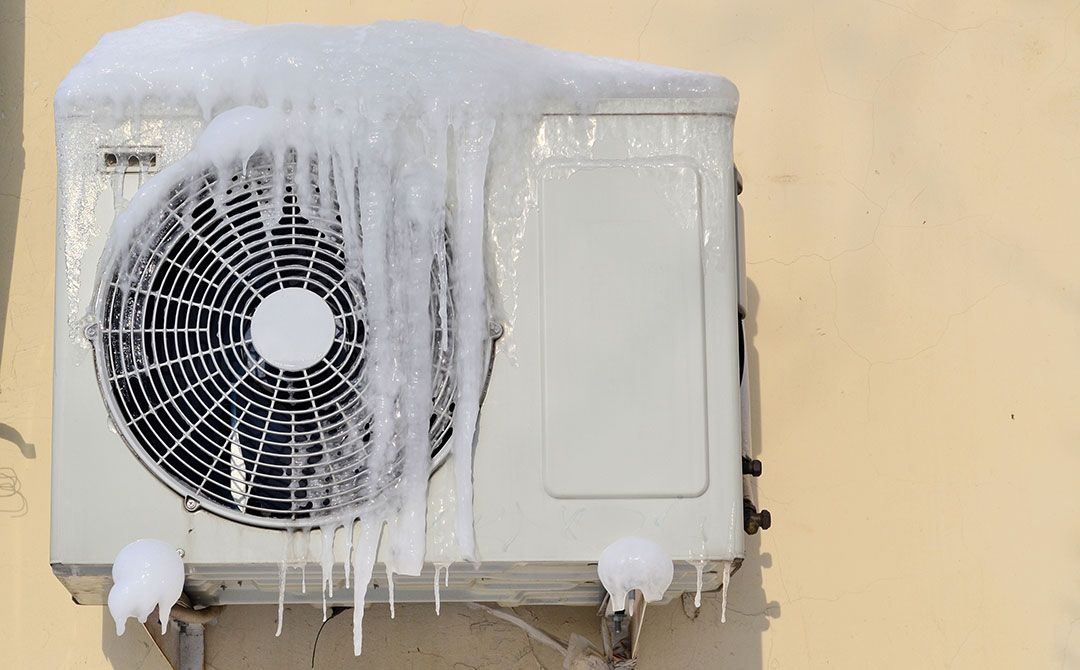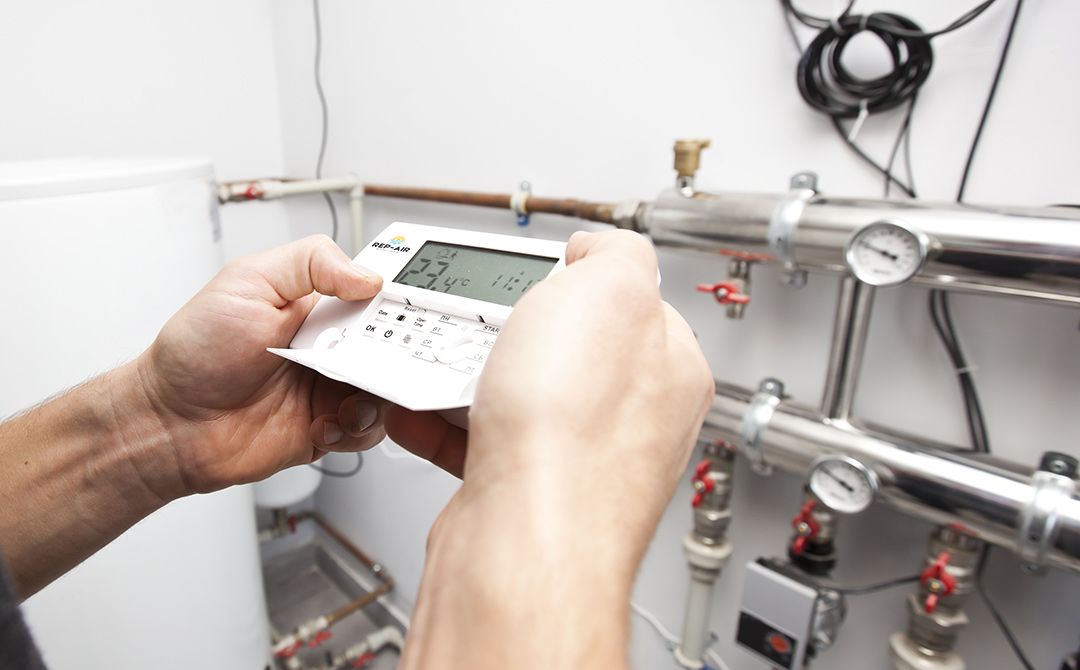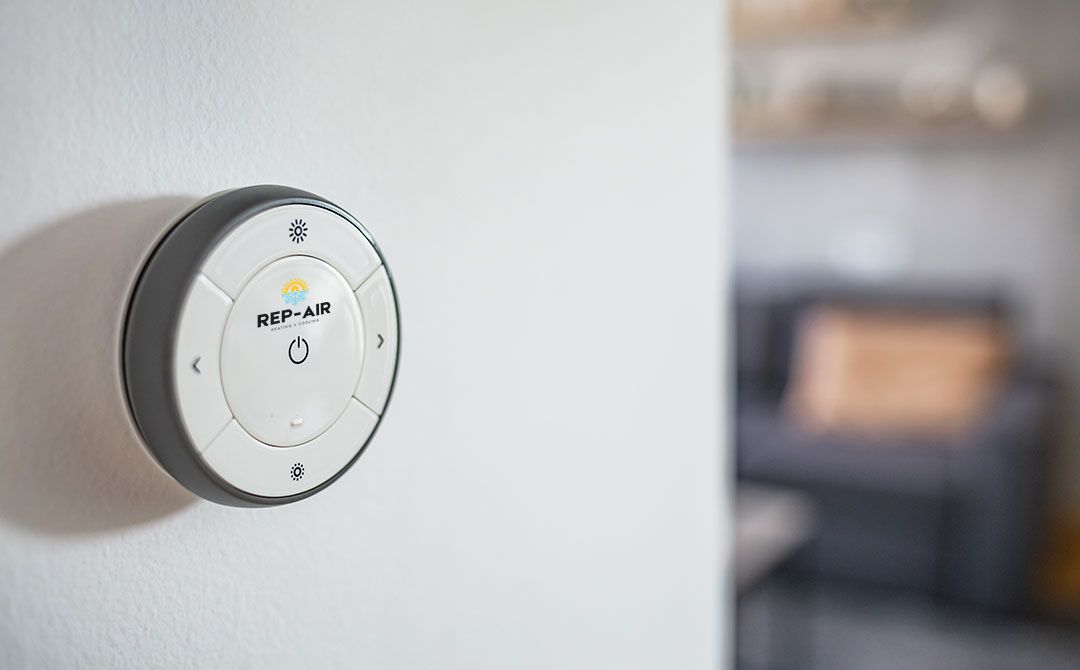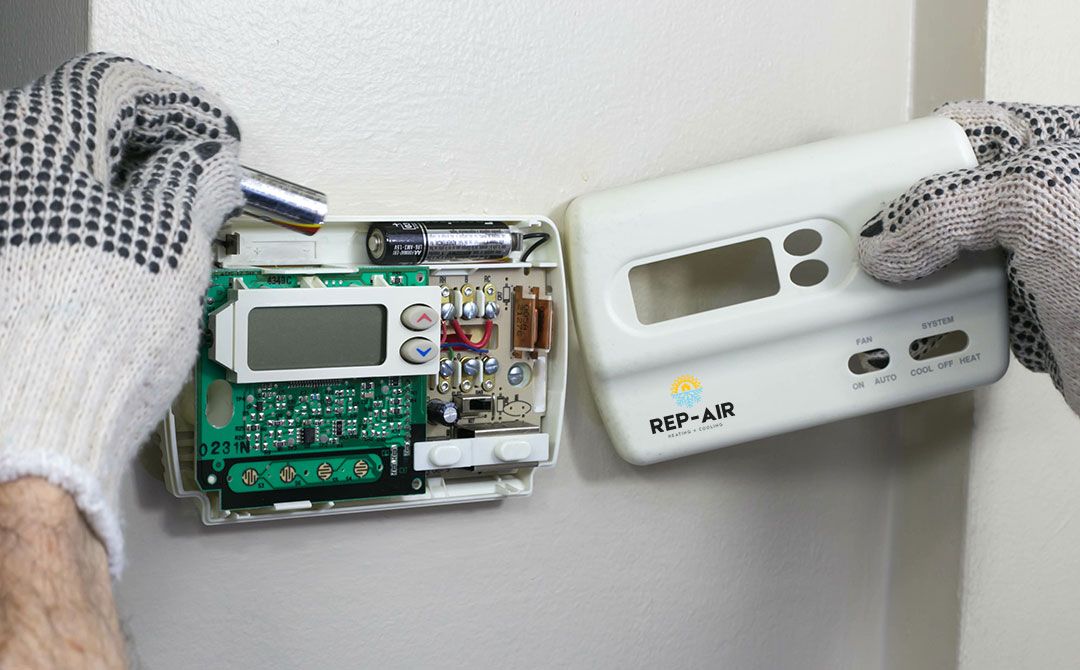How Upgrading to a High Efficiency Furnace Can Save You Money
It’s that time of the year again…time to start using your furnace less and let the spring sunshine in to naturally heat your home. Rather than leave your furnace alone for another few seasons, why not take a look at it to make sure it’s running the way it should? If it’s getting old though or you’re spending more on heat than per usual, it may be time to consider replacing it. It’s best that you don’t replace your furnace with just any old model, however; it’s worth looking into high efficiency furnaces because in the long-term, they’ll save you more money. Here’s how that works.
How Efficiency is Decided
There’s a particular form of measurement that is applied to every new HVAC system on the market, and that measurement is called annual fuel utilization efficiency, or AFUE. This is a measure of how efficiently your furnace uses the fuel it’s given. (Source) Basically, the more efficient your furnace is, the more heat you’ll receive per fuel unit.
You need to know what the AFUE is because it makes all of the difference between how much or how little fuel you’re going to get out of your furnace. Ideally, you want to use a system that generates the most heat with the least amount of fuel needed, because that fuel also can cost you money. So, by upgrading to a more efficient furnace, you’re getting a lot more value out of both heating sources.
How Older Systems Differ in Terms of Efficiency
It’s easy to say that the older your furnace is, the less efficient it’s going to be, but what if we told you there’s actual research behind this? According to FortisBC, furnaces that were built in the 1990s only have about 60% AFUE. (Source) It means even though your furnace was properly installed and well-maintained since installation, it’s only going to return 60 units of heat for every unit of energy spent. It also means 40 cents worth of every dollar you’ve spent on heating your home is being thrown out via the exhaust.
It matters to know this sort of thing because your furnace could potentially be wasting your money as opposed to using every single dollar to create heat in your home. The latest furnaces are built with energy efficiency in mind, and if your home is older, then you know it’ll be worth the investment.
How to Afford a High-Efficiency Furnace
If you’re wondering whether to upgrade or not, you can do a few steps to begin with.
- Check the model number and manufacturing year of your furnace; you’re likely to find this in the owner’s manual. If the year is in between the 1990s and 2010, you’ve got either a standard or mid-efficiency furnace and should seriously consider a replacement.
- Calculate how much money you could be saving versus what you’re spending right now; you should always use a calculator from a trusted source. FortisBC offers a home energy calculator, which you can access by clicking here.
- Investigate whether or not you’re eligible for rebates. There are several guidelines to consider, such as whether or not you’re already a FortisBC customer, your heating system’s primary fuel type, and a consistent billing history of up to 12 months. All of these are an example of the sorts of eligibility you will need to look into; other guidelines may be present as well.
- Apply for rebates. An application form is available on FortisBC’s website with instructions. Click here to access it.
Need Help Installing a New Furnace?
As a trade ally to Fortis BC, we understand that when it comes to heating needs, our customers always come first. When you look at all of the research put together, it’s clear that upgrading to a more efficient furnace is a good choice to make. If your home consists of a standard to mid-efficient furnace, stop throwing your money out via the exhaust and start saving now with a replacement. Give us a call when you’re ready to start the installation process. We’re licensed contractors who can get the job done and done well. At Rep-Air Heating And Cooling we provide our customers with many options that will best suit your needs from heating and cooling to refrigeration. Contact us today for your complimentary quote: 1-844-218-3362 or contact@repairheatingandcooling.com and don’t forget to take a look at our website: https://repairheatingandcooling.com. Follow us on Facebook and Instagram for free giveaways!










